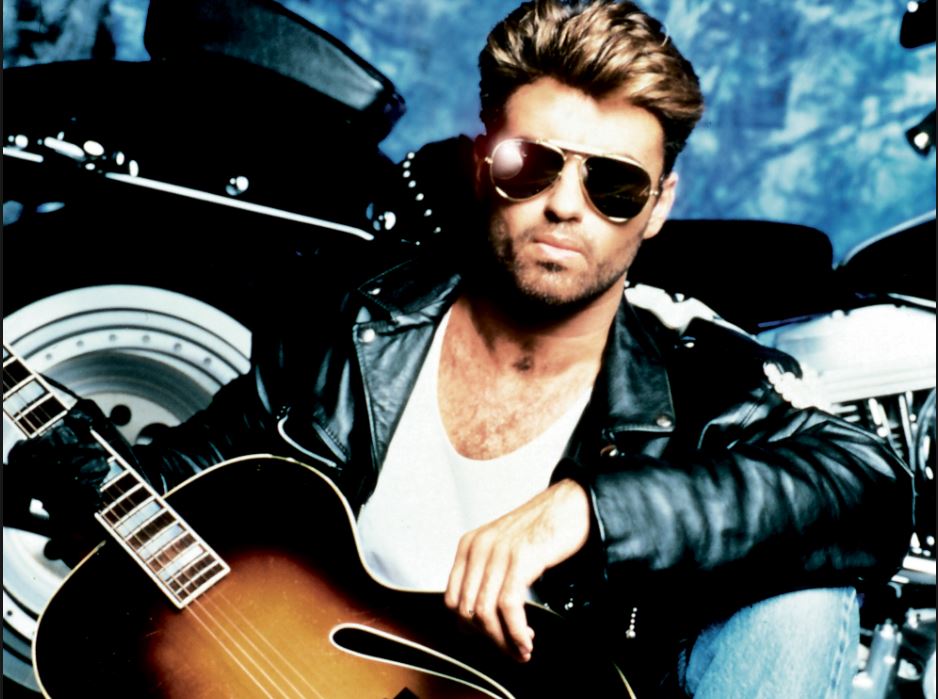After releasing their first two albums to cult acclaim around the turn of the millennium, Slipknot had carved out a space for themselves that had polarised audiences, making them both feared and revered on record in music videos and the live arena. Yet, following the release of their dark, crawling 2001 record Iowa, things started to change significantly. The call of mainstream rock dominance was beckoning.
They were no longer just a gang of hard-living and hard-playing friends from Des Moines, Iowa, but were instead a global name, with their brand or even gimmick of individual masks and numbers making them stand out in an era where guitar bands reigned supreme. One of the most successful acts on the home of metal, Roadrunner Records, by the time the group set about making their hotly anticipated third record, Vol. 3: (The Subliminal Verses) in 2003, a change could not be stemmed.
Following the Iowa tour in 2002, speculation about their future encircled the shock metal band. This conjecture was exacerbated by some members playing in side projects such as Murderdolls and Stone Sour. Trudgin on, when the group moved into ‘The Mansion’, the home of super-producer Rick Rubin, to start on their third opus, their efforts were initially fruitless, with frontman Corey Taylor drinking heavily and other byproducts of fame taking their toll.
Yet, when push came to shove, Slipknot ultimately wrote ample material for a new record. Notoriously, they hated working with Rubin, with Taylor later questioning his famous approach and instead paying tribute to the engineer Greg Fidelman as the “unsung hero” of the album. Taylor didn’t hold back in his account of Rubin’s style either, saying during a solo show in 2011: “He is overrated, he is overpaid, and I will never work with him again as long as I fucking live.”
Vol. 3 was received well, and the band took another step up to become the festival headliners and mainstream rock act they are today. The first effort that saw them move in a more traditional sonic direction and tone their punishing sound down. It included more melody, guitar solos, and even acoustic instruments. They might have continued watering their sound down over the years, but they have demonstrated that despite hating working with Rubin and being supposedly inextricable from the nu-metal zeitgeist, they have a unique sonic character with mass appeal regardless of the era.
The song that typifies this stylistic shift most is the single ‘Before I Forget’. While lead single ‘Duality’ is undoubtedly the most iconic track from the album, the melancholic third release, which features the band maskless in the video, without actually showing their full faces, distils how much the music had changed. The heaviness remained, but it was now more palatable with more accessible lyrics and musical choices, from the riffs to the melodic solo, which veered very dangerously into pure cheese.
While many of the band’s earlier songs had strong choruses, the one on ‘Before I Forget’ was much more melodically memorable for everyday listeners than the enraged fire of early tracks like ‘Wait and Bleed’. This is ironic, considering it borrows elements from the track ‘Carve’, that an early iteration of the band recorded in 1996 with original frontman Anders Colsefni.
In a reflection of how at odds Rubin and Taylor were, according to the vocalist, the bearded studio whizz even wanted to change the chorus. As the song is about remaining resolute, the frontman decided to stick to his guns. He revealed to 98 KUPD in 2009 that he told Rubin he was insane for wanting to alter the song’s greatest hook. He was right, too; it went down as one of the band’s definitive tracks and even won them the Grammy for ‘Best Metal Performance’ in 2006.
“It’s about standing your ground and deciding to be a good person, no matter what people say,” Taylor said. “Rick Rubin was convinced the chorus wouldn’t work. I told him he was crazy. Lo and behold, it’s one of our biggest songs, and we won a Grammy for it.”










